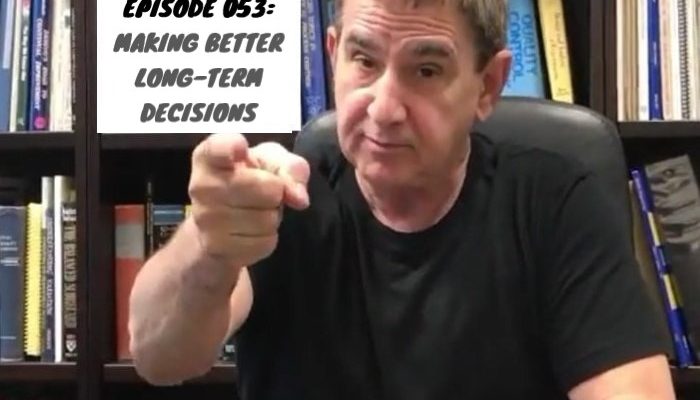How can you manage anyone else if you aren’t good at managing yourself? As management guru Peter Drucker says in his famous Harvard Business Review article Managing Oneself, “History’s great achievers—a Napoleon, a da Vinci, a Mozart—have always managed themselves. That, in large measure, is what makes them great achievers.”
It started out as a commencement speech on how to get more out of life by asking the right questions and it ended up on the NY Times bestseller list.
I was having coffee one morning a couple of weeks ago with a friend and I was telling her about a book I was reading. One of the more interesting chapters of the book was focused on being a talent magnet.
I recently finished reading a book called No Limits: The Will to Succeed, which is a biography about Michael Phelps – the most decorated swimmer in Olympic history. Many people who have followed Phelps’ career may assume that his success stems mainly from genetics and God-given talent.
This week’s video is about the emphasis on the short-term versus the long-term consequences of your actions; in other words, about impulse control. What’s the difference between short-term and long-term thinking?






